For a government that has swallowed more than it can digest, last week’s extra portion from Bill Gates and TY Danjuma worsened its constipation.
If Aso Rock knew in advance what Gates was going to say, it’s doubtful if the government would have organised an extraordinary meeting of the National Economic Council to hear it, however delicately expressed.
Almost one year today since the Economic Recovery and Growth Programme (ERGP) was launched, a long line of economists and government officials, stretching all the way down to the Mambilla, have been telling us what a great success story the ERGP has been.
We’ve been told that finally all the elements are falling in place: incentives for more production, Thai rice factories closing down, better infrastructure and efficient regulation, lower inflation, an improved business climate and jobs.
Advertisement
After nearly two years of hounding the government to produce an economic plan that works, along came the ERGP. What more could we ask for?
Some honesty in admitting that the plan is still, well, what it is – a plan. The government is a long way from delivering on its promise of any meaningful change in the quality of life.
And worse, there’s no evidence – present or remote – that the government has the capacity to act differently sooner than later.
Advertisement
There was no point beating Gates over the head with sheaves of official statistics as the Minister of Budget and National Planning Udoma Udo Udoma tried to do. Or launching a bitter counter-attack against Gates as Governor Nasir El-Rufai did.
I’m aware that the only way sections of the political elite can keep their jobs is to continue to invest in and believe their own lies and delusions of grandeur.
Yet, one would think that, given the lingering shame of President Muhammadu Buhari staying abroad for nearly six months at different times in a UK hospital and his son following suit after a bike accident, that with the First Lady Aisha and her daughter tweeting about the disgraceful state of the State House Clinic, there would be no argument about the urgency of fixing the country’s broken healthcare system.
But it doesn’t work that way. Government officials don’t have to worry about paying attention to health and education beyond what they say in their speeches.
Advertisement
The $1billion spent on medical tourism annually on items from tummy tuck to breast implants and face-lift and from routine medical checkups to the more serious health challenges, says everything about the elite’s sense of priority.
Why fix the broken system when they can charge the cost of their own healthcare to the state treasury?
Gates was not talking about their vanities when he advised the government to prioritise its investment in health. He was talking about the 7.2 million Nigerian children who are currently at risk of infection with polio because of insufficient vaccines.
He was saying that Nigeria, a country that exports more than two million barrels of crude oil daily, is still one of the only three countries in the world, apart from Pakistan and Afghanistan, whose children are dying of a completely preventable disease.
Advertisement
It doesn’t matter what the ERGP says. So long as Nigerian children are dying of polio and malnutrition, and hundreds are dying yearly from malaria, Lassa fever and other preventable diseases, the government can continue to enjoy its delusion of grandeur – and it may well be working for the few – but the recovery programme is not working for the people.
And when Gates speaks about education, he’s not talking about the political elite whose ERGP can accommodate annual expenses of $2 billion to send their children to school abroad.
Advertisement
He’s talking about the 10.5 million out-of-school children in Nigeria that at least 17 state governments are waging a war against by refusing to access the N16.2 billion Universal Basic Education fund that could have made a difference in their lives.
Gates has done his bit – investing over $1.6 billion of his own money in the last decade in polio vaccination, apart from paying off a $76 million loan from Japan for the same cause.
Advertisement
If the government has any shame left, Nigeria, Africa’s biggest economy, shouldn’t take the man’s money and yet despise his advice over a lunch invitation.
Apart from the versions of the ERGP that are working for Udoma and El-Rufai, the figures from the National Bureau of Statistics show that the programme is not working for the majority.
Advertisement
NBS figures show that out of a labour force of 76 million, 7.5 million Nigerians were unemployed at the end Q3 2015, compared to 16 million unemployed in a labour force of 85 million in Q3 2017. That is an average of 2.8 million unemployed for every year since Buhari has been in office.
If the Gates bashers don’t believe their own statistics, they can borrow legs for a stroll outside their comfort zones, just to see things as they are, and perhaps hear what the streets are saying.
As for Danjuma, I still don’t understand why his call for self-defence last week in Taraba is a cause for official diarrhea. Self-defence is so common sense and so instinctively human only a fool needs to be taught this. Fight or flight is not taught; it’s inborn.
I get the point that those who have followed the Tiv-Jukun crisis and the extra-judicial killings in Zaki-Biam (2001) when Danjuma was Defence Minister might be eager to bury a hatchet in his back.
But they should save their anger for a government that has failed, calamitously, to provide safety and security, the first and most basic function of any government.
If the Inspector General of Police will defy presidential order and not stay at a crime scene beyond a flying visit and nothing happens to him, if troops can be withdrawn from a school without justifiable reason only for the community to be attacked three weeks later, 110 schoolgirls kidnapped and no one is called to question, why does anyone need to be told that they are on their own?
Danjuma is coming late. The government’s incapacity and the appearance of a failure of executive leadership are the most stringent calls to self-defence. The calls have been ringing out since bloodshed after bloodshed under Buhari went unpunished.
With elections around the corner, it’s highly tempting for those around Buhari to make him believe that anyone who disagrees with him – including even those who had stood by him when these interlopers didn’t have a life – does not want him to have a second term.
If they have added Gates and Danjuma to his list of enemies, Buhari can be sure that at his current performance level he’s going to have a very, very long list.
Ishiekwene is the managing director/editor-in-chief of The Interview and member of the board of the Global Editors Network
1 comments

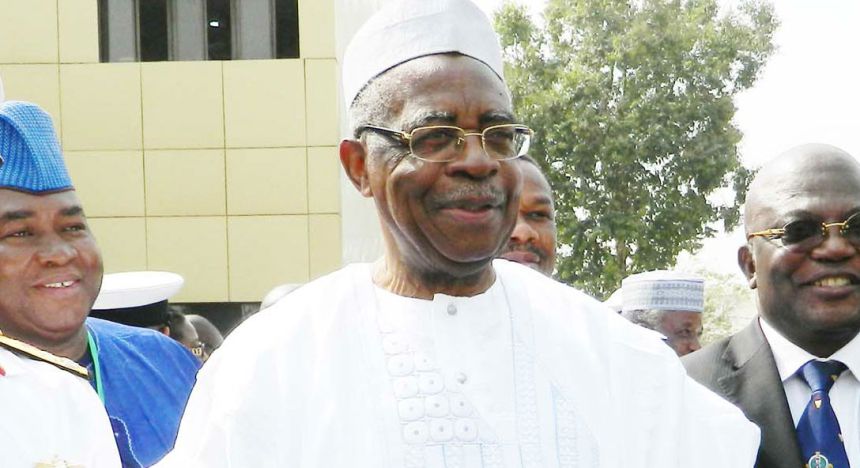
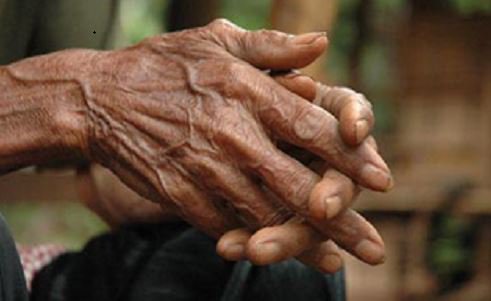
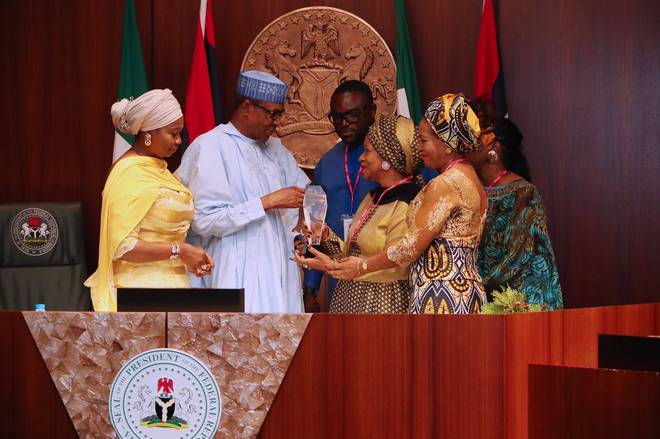
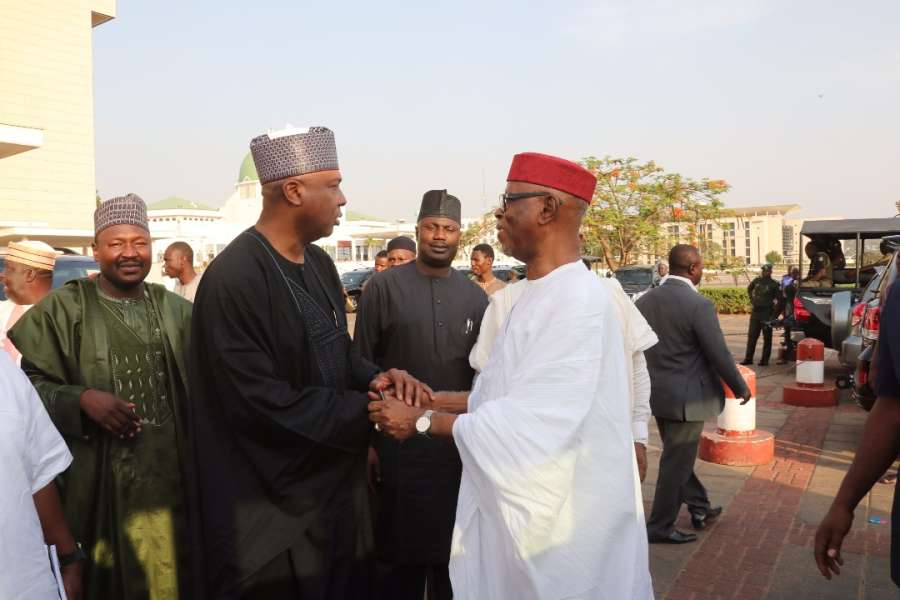


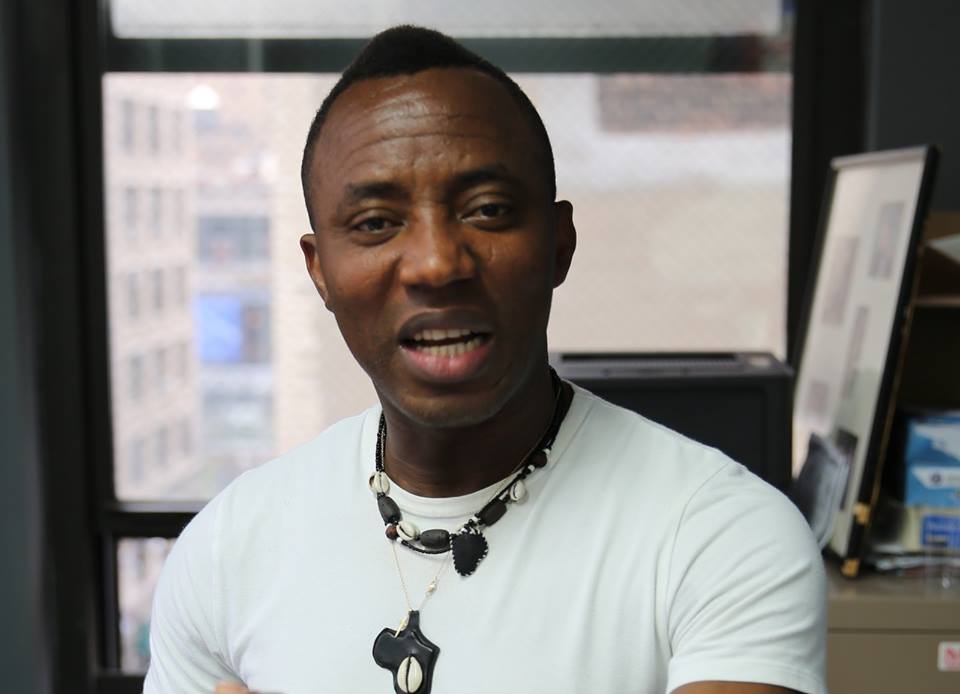
The leader who prefers the company of court jesters to the wise counsel of friends soon comes to avoidable grief.